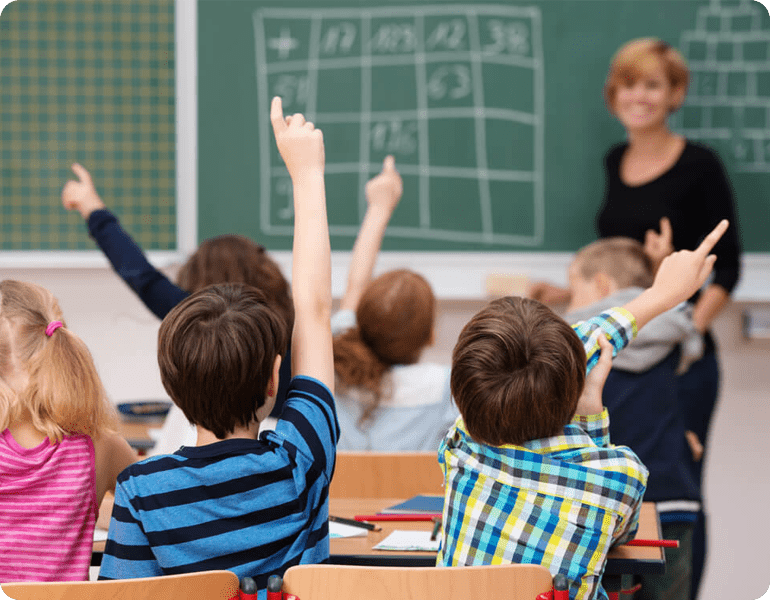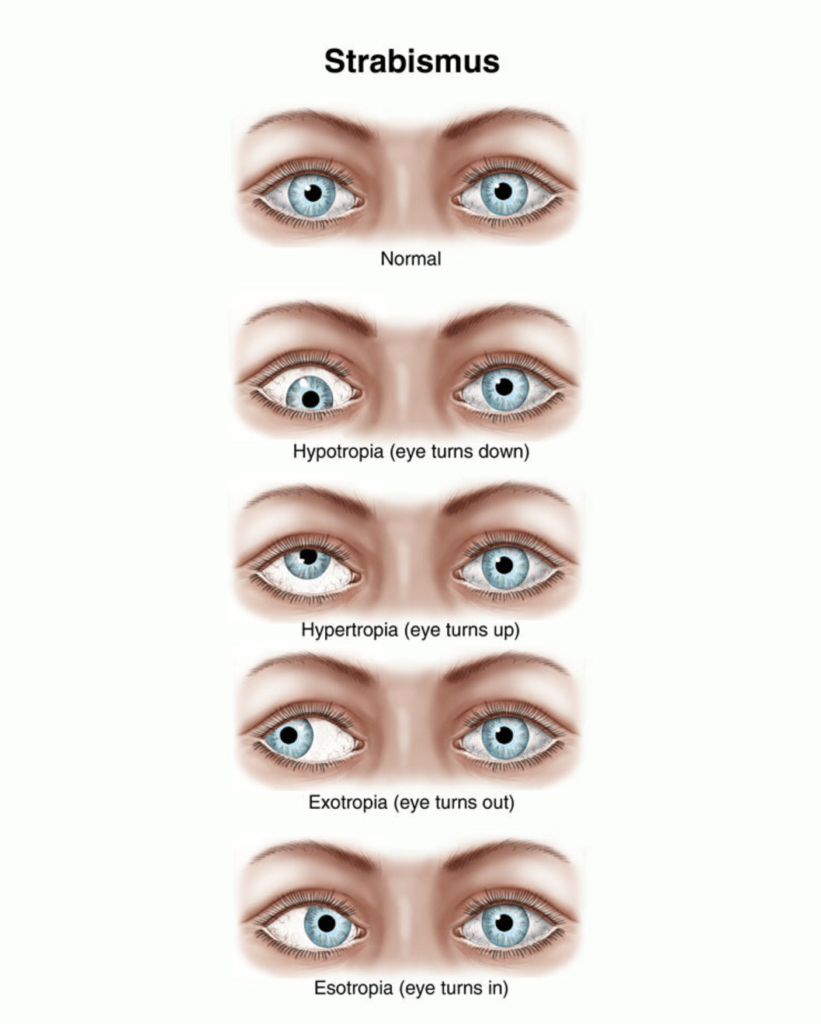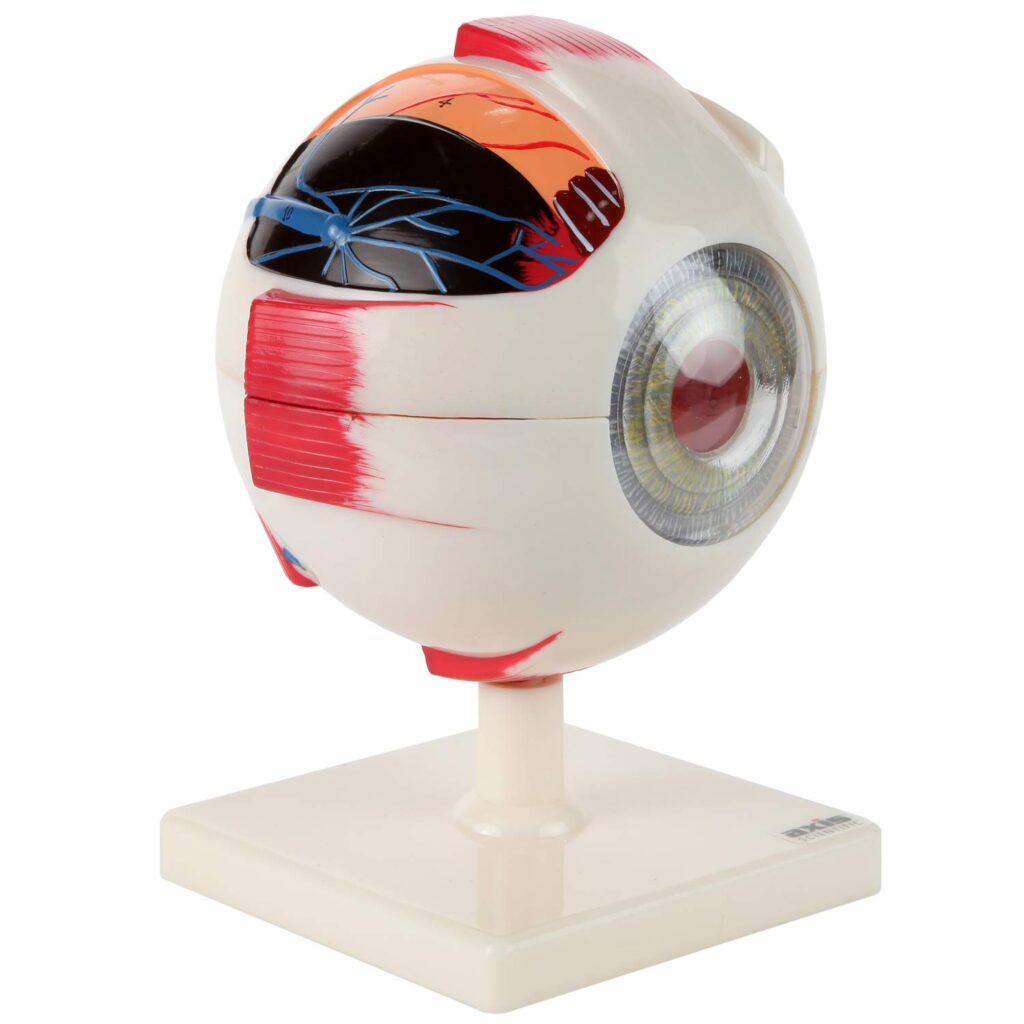
Is my child lazy?
The likely answer is a resounding “No”. Students who are labeled as “lazy” or “learning-disabled” often have vision-related learning issues or deficiencies in one or more areas that can be successfully addressed with vision therapy. This is because vision therapy can strengthen and coordinate the eye/brain/muscle connections, to improve things like:
- ABILITY TO TRACK OBJECTS AND WORDS
- BINOCULAR VISION (both eyes working together), &
- VISUAL PROCESSING (comprehension)
…all this makes it easier to read, and easier to learn.


Vision & Learning
ADHD? Dyslexia? Processing problems?
We have specific, standardized clinical tests to assess whether your child’s visual skills are helping or hurting him/her in school. Many parents have been surprised to learn that even if their child sees 20/20, he or she could still have one of several vision problems that significantly interferes with their learning processes. Don’t let your child be mistakenly labeled as lazy, disabled, or ADHD. Things may be less dire than you’ve been led to believe, and there is help.
Common symptoms of visual-learning problems:
- losing place or skipping small words
- difficulty copying from the board to paper
- avoidance or frustration when reading
- eye fatigue, headaches, or performing below potential
STRABISMU & AMBLYOPIA
Strabismus is commonly referred to as “turned eye“.
Amblyopia is commonly referred to as “lazy eye“.
Amblyopia can cause loss of vision due to improper development in the brain even if the eye itself is perfectly healthy. The brain is prevented from reading the input from the two eye equally, causing the visual performance of one eye to be less than the other.
The good news is that patching is no longer the standard of care for patients with either strabismus or amblyopia. New research clearly indicates that vision therapy is the most effective and longest-lasting way to normalize the visual system for both strabismus and amblyopia.
While treatment is effective at any age, early identification is crucial. Even infants and toddlers can be successfully assessed and treated with vision therapy.


Sports Enhancement
Vision Therapy has been shown to directly improve an athlete’s performance on the court or field through:
- Faster eye/hand coordination
- Improved spatial vision
- Increased accuracy
- Decreasing reaction time
- Improving dynamic visual acuity
- Enhancement of peripheral vision integration, tracking, and visualization
Visual Rehabilitation
More than 50% of patients with developmental delay, Autism Spectrum Disorder, Traumatic Brain Injury (TBI), or other neurologic conditions such as cerebral palsy have an undiagnosed visual system disorder.
While often dismissed or designated as “untreatable” by other healthcare specialties, we have had great success treating the following symptoms:
- Eye fatigue
- Headaches
- Concentration difficulties
- Spatial disorientation
- Light sensitivity
- Visual Memory issues
